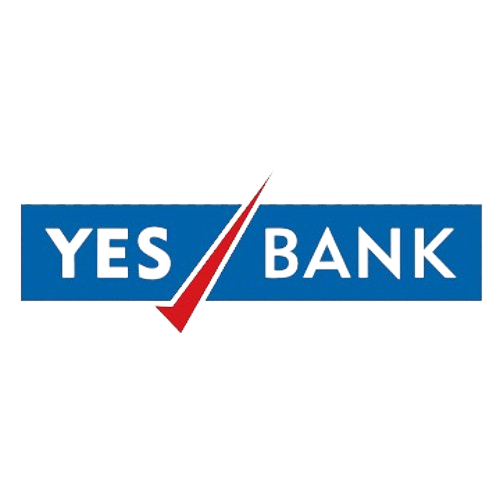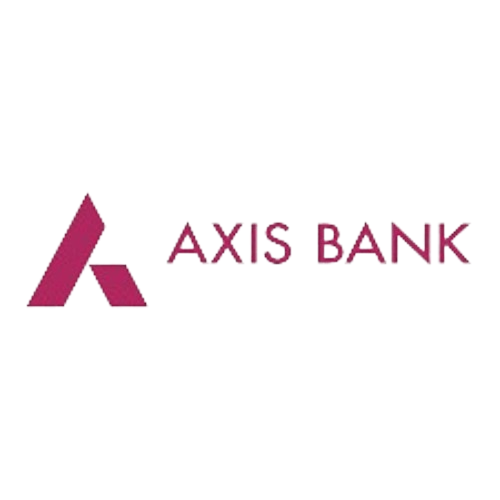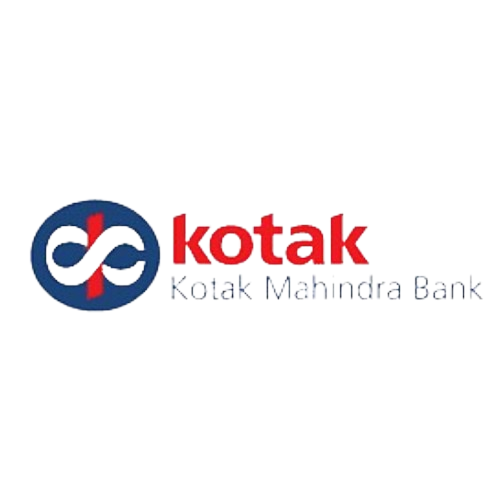Business Loan
Business Loan
As a financial advisor, understanding business loans is crucial, as they play a pivotal role in facilitating growth, expansion, and operational continuity for businesses of all sizes. A business loan is a financial product provided by financial institutions or lenders to entrepreneurs and business owners to meet their capital needs, whether it’s for starting a new venture, expanding existing operations, purchasing equipment, or managing cash flow.
In my role as a financial advisor, I work closely with business owners to evaluate their financial situations, analyze their funding requirements, and recommend suitable financing options.

Features Of Business Loan
- Business loans can be availed for various amounts depending on the lender's policies, the borrower's creditworthiness, and the business's financial standing
- Business loan interest rates can be fixed or variable and are determined based on factors such as the borrower's credit score, business profitability, loan tenure, and prevailing market conditions.
- Business loans usually have flexible repayment tenures ranging from a few months to several years. The tenure depends on factors such as the loan amount, the borrower's repayment capacity, and the lender's policies.
- Lenders have specific eligibility criteria that borrowers must meet to qualify for a business loan. These criteria typically include the borrower's credit score, business vintage, turnover, profitability, and other financial metrics
Benefits Of Home Loan
- Business loans provide the necessary capital for businesses to expand their operations, invest in new projects, or enter new markets.
- Businesses often face fluctuations in cash flow due to seasonality or unexpected expenses
- Business loan can help in managing day-to-day operational expenses, ensuring smooth business operations even during challenging periods.
Types of Business Loan
As a financial advisor, it’s important to guide your clients through the various types of business loans available in India, helping them choose the one that best suits their needs. Here are some common types of business loans:
- Term Loans: These are traditional loans offered by banks and non-banking financial companies (NBFCs) that provide a lump sum of money upfront, which businesses need to repay with interest over a predetermined period
- Working Capital Loans: Designed to finance the daily operations of a company, working capital loans help businesses cover their short-term operational needs, such as inventory purchase, wages, rent, and utilities
- Overdraft Facility: Under this facility, businesses can withdraw funds from their current account up to a certain limit set by the lending institution. Interest is charged only on the utilized amount, making it a flexible financing option for short-term needs.
- Letter of Credit: Primarily used in international trade, a letter of credit is a guarantee from a bank that a buyer's payment to a seller will be received on time and for the correct amount. It is instrumental in facilitating trade and providing assurance to the parties involved.
- Microloans: These are small loans designed to help startups or new entrepreneurs with limited financial needs. Microloans are often provided by government entities, NBFCs, and NGOs to promote small businesses and startups.
As a financial advisor, understanding these types of business loans and their specific purposes allows you to provide valuable guidance to your clients, helping them make informed decisions based on their financial situation, business model, and growth objectives.
+
Business Setup Growth
+
Business Problem Solving
+
Happy Customers
+
Years Of Experience





